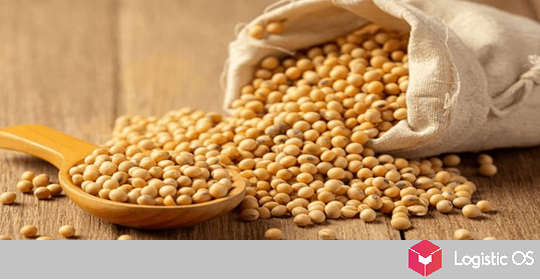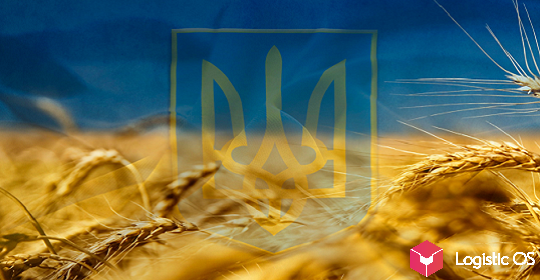According to the latest data, the share of agricultural products in the structure of Russian exports in 2023 was about 10%.
Compared to 2022, in 2023 the share of agricultural products in the structure of Russian exports increased by 3%, from 7% to 10%. General Director of the Russian Export Center Veronika Nikishina spoke about this at the St. Petersburg International Economic Forum.
According to her, the main role in the growth of this indicator was played by an increase in grain supplies.
The priority goal for the coming years is not only to maintain and increase the volume of agricultural exports, but also to ensure that the emphasis shifts towards finished high-value products, since this significantly increases margins and creates numerous jobs within the country.
There are enough competitive manufacturers in Russia, whose products may be in high demand abroad, experts are sure.
At the same time, the Federal Customs Service reports that in 2023, exports of agricultural products amounted to more than $43 billion and grew by more than 4%.
At the same time, despite a significant increase in supplies in physical terms, in value terms the growth is not so noticeable, this is due to the decline in world prices for many items that took place last year.
Currently, grains make up 37% of Russian agricultural exports, and about 19% are fat and oil products.
Which countries buy Russian agricultural products?
As in many other areas, China is the leader here, accounting for more than 17% of the total volume of Russian agricultural exports.
Also among important buyers are Türkiye, Kazakhstan, Belarus, Egypt, Iran.
What are the prospects for the agricultural products industry?
Russian Minister of Agriculture Oksana Lut recently noted that this year the export of agricultural products is expected to reach $45 billion. That is, compared to 2023, we can also talk about growth.
However, the minister noted that the May frosts could play a negative role, since they destroyed part of the harvest in a significant part of the country, so it is possible that the final values will be lower than planned, including for exports.
Denis Ternovsky, a research fellow at the Center for Agricultural Policy of the Institute of Economics and Economy of the Russian Presidential Academy of National Economy and Public Administration, also does not expect new records this year.
“In 2024, we probably will not set new records for agricultural exports, taking into account the adjustment in the size of future grain and oilseed harvests.
The situation will be smoothed out by fairly high reserves for the current season.
The valuation of exports, given the relative stability of its physical volume, will depend on how stable the upward trend in world prices observed in the last month turns out to be,” he noted.

